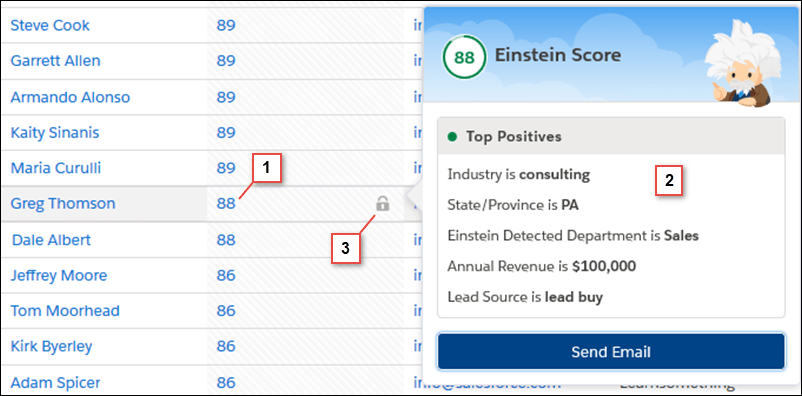A decade ago, everyone from internet trolls to the Obama administration had the same suggestion for young people seeking a stable, long-term career path: Learn to code. Today, due in large part to generative AI, that advice is flipped on its head. Don’t learn to code. Maybe train to be a nurse.
Software engineers and other jobs with tasks dominated by math and computer functions are most at risk of being automated and displaced by AI, according to a survey released last week by SHRM, an organization that represents human resources professionals. SHRM surveyed more than 20,000 US workers to see what percentage of tasks are already automated across several different job types. It also looked at what nontechnical barriers stand in the way of automation, like customer preferences and regulatory requirements.
The results show an important distinction. Just because a lot of tasks can be done by machines doesn’t mean a job is at risk of being taken or eliminated. The survey estimated that 15.1% of jobs held by US workers (23.2 million jobs) are at least 50% automated, and that 7.8% (12 million) are at least 50% done by generative AI. Yet only about 6% of US jobs (9.2 million) are vulnerable because they fit those descriptions.
In fact, the share of at-risk roles is much lower than predictions from the AI industry. Anthropic CEO Dario Amodei said earlier this year that AI could wipe out half of entry-level white-collar jobs in the coming years, pushing unemployment to between 10% and 20%. Instead of a massive or abrupt deterioration of the labor market, we could see artificial intelligence propelling a more gradual reshaping of the workplace.
“It is a phenomenal technology that will certainly change the way we all view work, but it may not result in the types of job displacement that some are suggesting,” James Atkinson, vice president of thought leadership at SHRM, told .
Don’t miss any of our unbiased tech content and lab-based reviews. Add as a preferred Google source.
What stands in the way of job automation?
Concerns about AI taking jobs are well-documented, with multiple public opinion polls sounding the alarm. A Pew Research Center poll earlier this year, for example, found that 64% of Americans expected fewer jobs in the next 20 years because of AI.
SHRM’s survey focused more specifically on individual workers and their jobs. One reason it polled so many people is that it wanted samples for as many job categories as possible. “We wanted to really get the perspective of the people doing the work day to day,” Atkinson said.
Read more: AI Essentials: 29 Ways You Can Make Gen AI Work for You, According to Our Experts
Surveying actual workers provides a deeper understanding of the actual reasons why automation may not fully replace a given job. SHRM defines “nontechnical barriers” as things that prevent AI from carrying out the work, but not because AI lacks the technological capacity to do so.
The biggest nontechnical barrier was client preference. Atkinson used the example of pilots. Computers might actually be capable of flying planes, but no passenger wants to glance into an empty cockpit without a human.
Another nontechnical barrier involves legal and regulatory barriers, such as union contracts, although regulations may change as AI becomes more advanced. Finally, there’s a question of cost-effectiveness. Self-checkout could make financial sense at a large profitable chain like Walmart, but less so at an independent corner store that needs a human cashier.
These barriers may help explain some of the recent statistics that have shown the difficulty businesses are having with actually implementing AI in the workplace. An MIT study found that 95% of businesses’ AI pilot projects don’t result in actual savings or improvements. There remains a big gap between the promise of new technology and its actual productivity.
Watch this: OpenAI’s Study on How We Use AI, a Potential TikTok Sale, Spotify Will Finally Deliver Lossless Audio | Tech Today
What jobs are most and least likely to be automated
Computer and mathematical work stand out as being particularly at risk of displacement. About 12.8% of those jobs have at least 50% of their tasks automated and no clear nontechnical barriers, the report found. Other high-risk professions (like architecture, engineering or management) have similar issues, while some (like production) are largely automated in ways that don’t involve generative AI.
The least likely fields to be automated have significant human-to-human interaction. In terms of health care practitioners, for example, SHRM found only 3% of jobs had at least 50% automation and no nontechnical barriers. Personal care and social services jobs were similar.
“The health care industry is one of the only industries that continues to see job gains month after month,” Atkinson said. “It is an industry that is growing, it will continue to grow as our demographics grow older, and it also is the type of occupation that tends to be the least at risk for displacement.”
Atkinson said the survey’s results show the need for workers with people skills rather than just technical skills. What can’t a generative AI tool do?
“We see that organizations are saying we need people who can do general problem solving,” he said.










